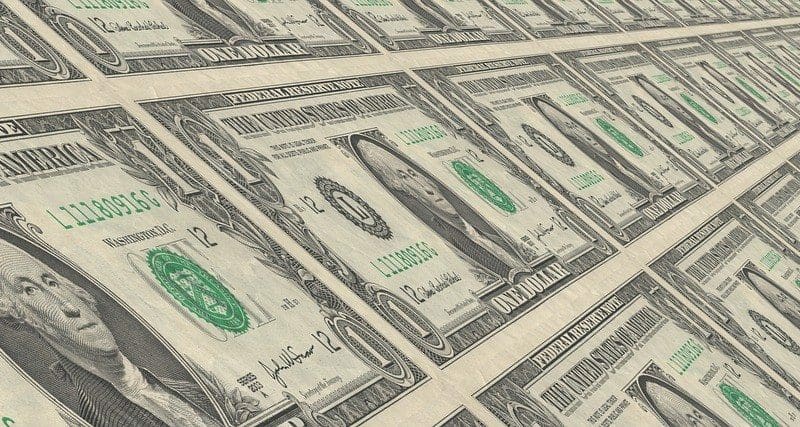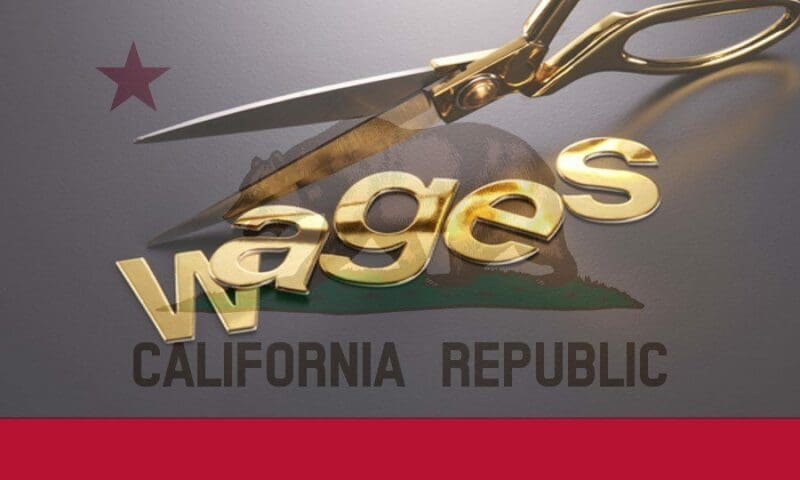

Most people don’t realize that when corporations are hit with massive punitive-damage awards, they actually pay far less than the amounts reported in news accounts. The financial sting of those awards can be eased because companies can deduct the amount paid from their taxes.


When the U.S. Census Bureau released figures identifying California as having the highest poverty rate in the nation, the news would not have shocked the 4.8 million low-wage earners at the bottom of California’s income divide. For those single workers and families that subsist paycheck to paycheck, and too often make up the difference by maxing out credit cards or taking out predatory short-term loans, life’s a precarious balancing act even when things go well.
But when unforeseen calamities strike, such as serious health emergencies or the loss of a job, hard-pressed households are left without a safety net. Unable to keep up payments, loans fall into default and too often result in crippling court-ordered garnishments that claim up to a quarter of earnings.
SB 501 quickly ran afoul of the powerful California Bankers Association and debt-buyer lobbyists.
“We see increasing numbers of these families in our legal aid services throughout the state,” the Western Center on Law and Poverty’s Jessica Bartholow told Capital &
» Read more about: Garnishing California's Future: New Bill Seeks to Curb Wage Seizures »